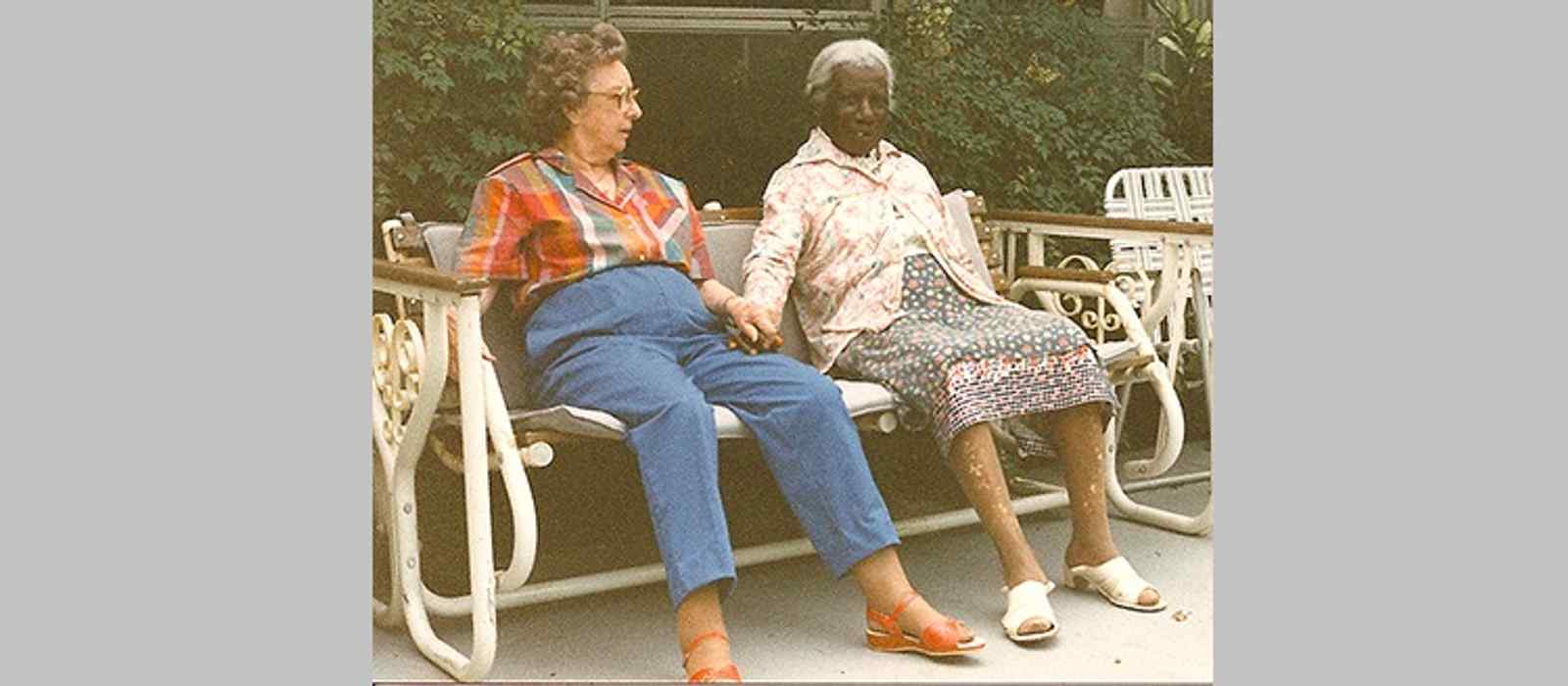Remembering Emma: A Story of Friendship in a Different Time
Emma was a domestic worker in our small town, where even the poor could sometimes afford a domestic. Emma had worked for my mother from before my birth, and continued to do so occasionally even after my father left, leaving Mom destitute. She paid Emma as she could, usually with a meal of cornbread, beans and potatoes.
Mom was never a domestic, but, as a single mother in the 1940's, she was forced to work. Her jobs were only marginally better. She worked in the local dry cleaner and a retail store, jobs unavailable to Emma or any other African American.
By the time my mother remarried, both she and Emma were well into their 60's, and Emma didn't come around much anymore, though she did occasionally help with a bit of yard work. They seemed to enjoy the camaraderie. By then, pay was not an issue, for they each had their government check, which afforded a better life than either had imagined in their youth, and Mom could, again, pay with cash.
Each time I visited, Emma would usually stop by. I was always glad to see her, for she had been as much a part of my life as any family member, but this trip was different. Mom and my stepdad were planning to move to an assisted living facility 20 miles away, and a “world” away from Emma. Mom and I were sitting on the porch when we saw a tiny, stooped figure slowly walking up the road, undoubtedly Emma. I was glad to see her, but it was with mixed emotions. I think we each knew that it was likely the last time we would be together.
She and Mom sat on the porch swing reminiscing. I listened, and I learned. It was fascinating to hear their recollections, and I was disappointed that I did not have a voice recorder for such a rare moment of oral history. They recalled the time when I left on an overnight trip with my father, and Emma sneaked into the house after dark to stay with Mom so that she wouldn't be alone that night. They also talked about the harder times when Mom could no longer afford Emma on a regular basis, yet she would come by, often unannounced, to work for little or nothing, primarily for food.
Houses were never locked in those days; Emma simply came when she felt like it. Mom always appreciated coming home to a cleaner house or a raked yard, and she knew that Emma had stopped by, probably on her way home from a more lucrative domestic opportunity. The confirmation would usually be in the refrigerator, where Emma had withdrawn her "pay." It was an unspoken agreement that evidently served them both well. They could laugh at the hard times now, and they laughed a lot.
Before Emma left, Mom wanted a picture, so I took a picture of them, sitting in the swing, holding hands, and smiling as though they had never known hard times. It was, indeed, their last meeting. Soon after, Emma died. I’m sure she never saw the picture. It was just a snapshot, never framed; it just “floated” around Mom’s living room. Sometimes she would pick it up and sit looking at it, silently. I can hardly imagine all that it represented, but it was clearly a reminder of a lifetime of struggle for survival. Two women, who silently realized early on that they were, from their first meeting, much closer to each other than society would acknowledge, or, in those days, accept.

